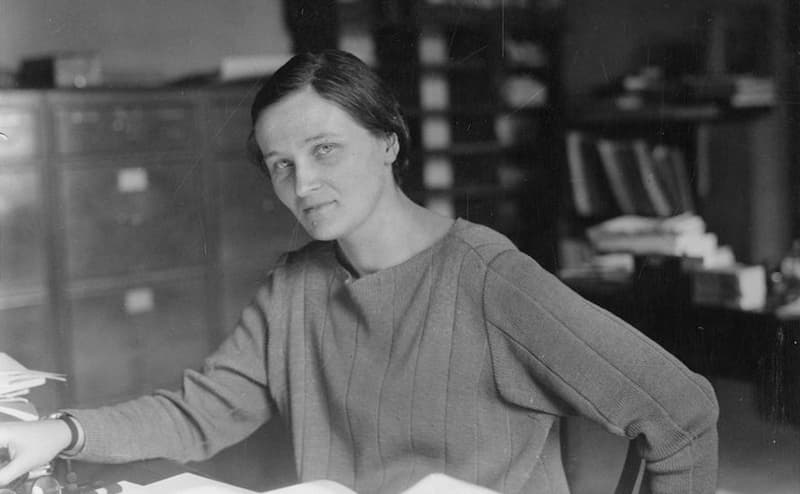Last week, it was Ada Lovelace Day which celebrates the achievements and work of the countless women of science and engineering.
I shared a picture of Cecilia Payne-Gaposchkin which I’ve already discussed in previous posts. The tweet got some traction, the Harvard Project PHaEDRA replied, and I’m so happy they did! I didn’t know they were digitalizing log books of some of the most incredible astronomers of the 20th Century.
Currently, they are transcribing the work of Professor Payne-Gaposchkin, and of famed astronomers Annie Jump Cannon and Henrietta Swan Leavitt. Thanks to Cannon we have a way of classifying stars, and Leavitt discovered the relation between the period and luminosity of a special class of stars. Hubble used this relationship to prove that the universe was expanding.
So why am I writing this blog post? They need volunteers. Citizen scientists are becoming more and more of a necessity as our data sets become increasingly large. My Ph.D. work wouldn’t have been possible without Galaxy Zoo, likely the most famous citizen science project.
So the question for you dear readers, is do you have time to transcribe a few pages from these notebooks? Would you like to help to protect the legacy of these phenomenal women? Then join me as a volunteer for the project. A little work will go a long way.

